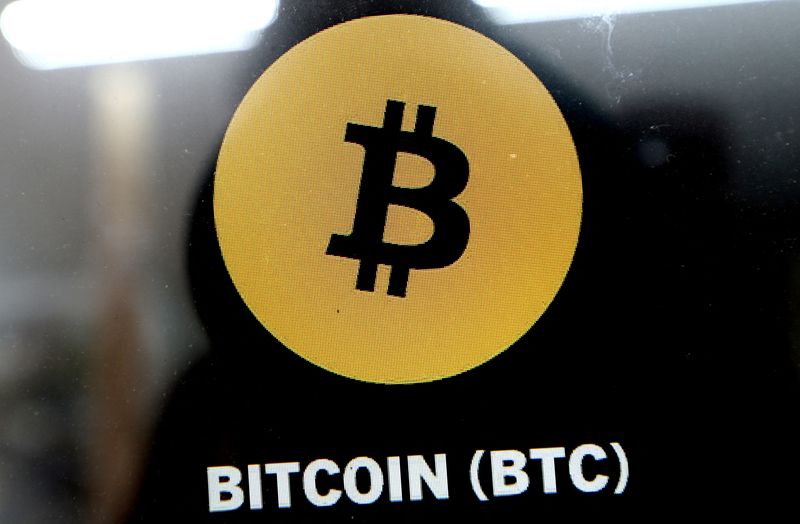
On Tuesday, the dollar rose sharply, surpassing $30,000 for the first time since June 2022. This was because markets were betting on a Federal Reserve that is less hawkish in the future. Sentiment also improved due to easing concerns of a banking crises.
The world’s biggest cryptocurrency rose 6.3% to $30.061.0 at 01:23 ET (05.23 GMT), marking its highest level in ten months. The token led gains among its cryptocurrency peers with up 3.3% and Binance Coin adding 4.6% and 2.3% respectively.
The total crypto market capitalization grew by Bitcoin’s gains to $1.4 trillion. Bitcoin’s gains on Tuesday pushed it up to 80%, far exceeding the performance of other asset classes.
The latest Bitcoin rally is occurring amid a wider improvement in sentiment. Markets began pricing in the possibility of a limited number interest rate increases by in the coming month, especially as the U.S. economic slowdown continues.
This idea also led to strong stock market rallies on Tuesday. Dollar index futures indicate that the Fed will likely raise interest rates at least once more. However, the dollar index indicates that markets are positioned for a pause or even a reversal of Fed’s hawkish stance.
Bitcoin and other cryptocurrency investors will be better off if the Fed is less hawkish. A sharp rise in interest rates has wiped out more than two-thirds total crypto market capitalization by 2022.
This week’s focus is on consumer prices index inflation data. For more information on the direction of interest rates, see the Fed’s March meeting.
Bitcoin’s surge in value over the last month has helped to evade fears of a banking crise. The token attracted safe haven players amid fears about a wider collapse in the banking sector.
However, the token’s trading volume was relatively small which led to larger price movements. This is especially true as investors became less fond of cryptocurrencies after its plunge through 2022.
Investors were also concerned by cryptocurrencies due to a string of scandals and bankruptcies. Meanwhile, the U.S. government was engaged in a regulatory crusade against this space.
